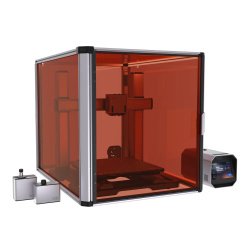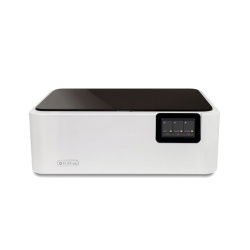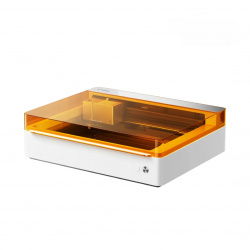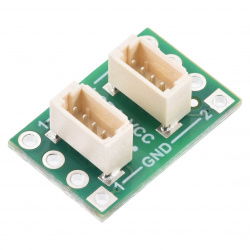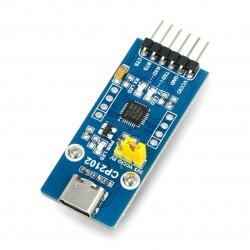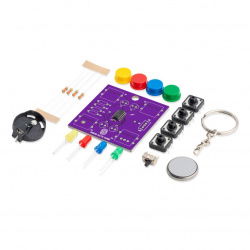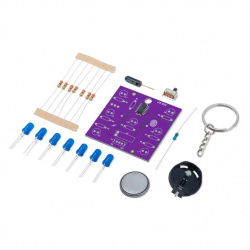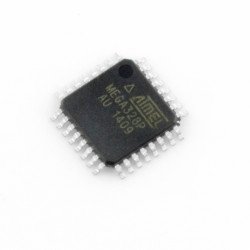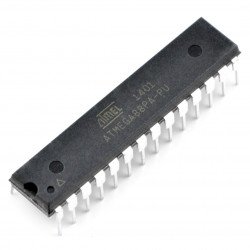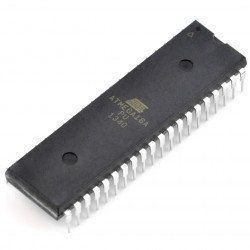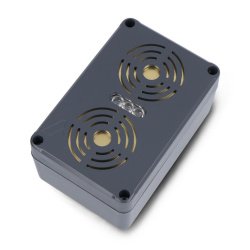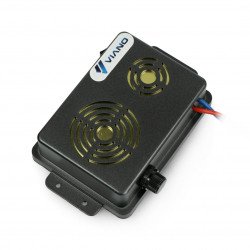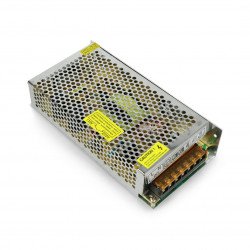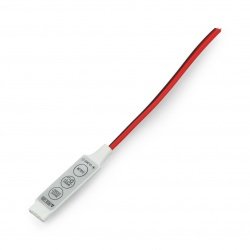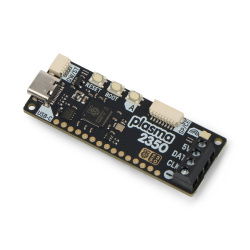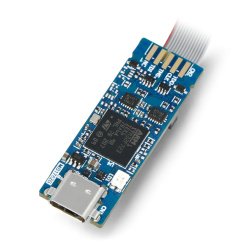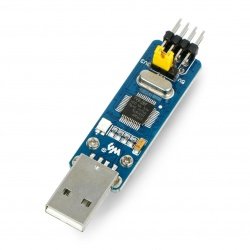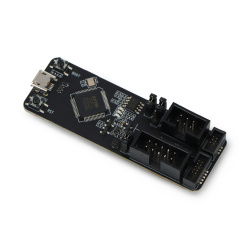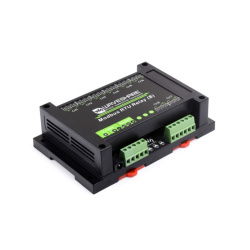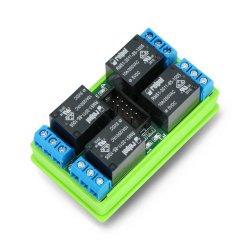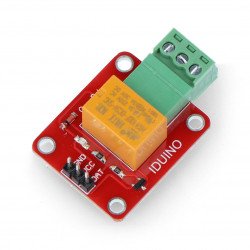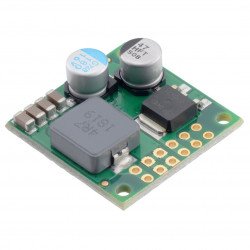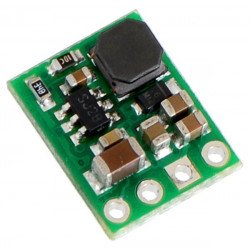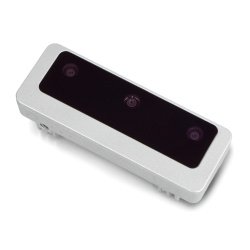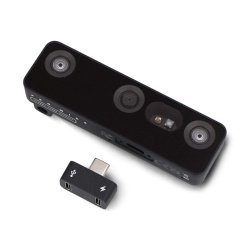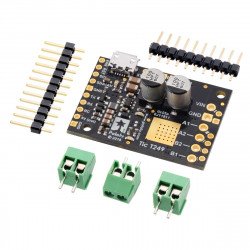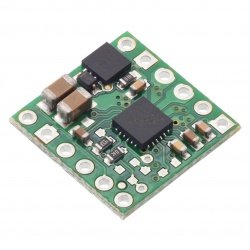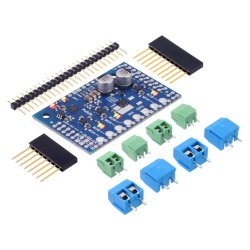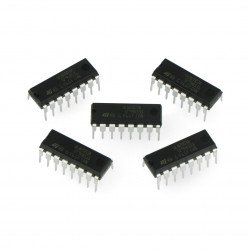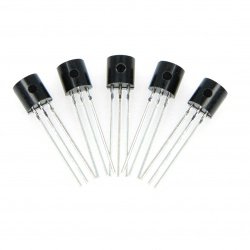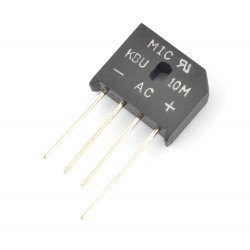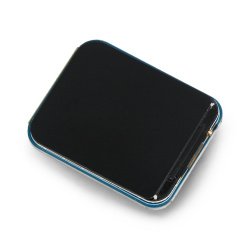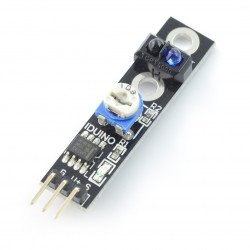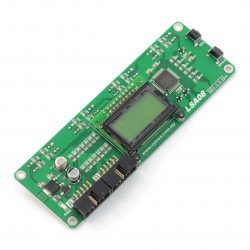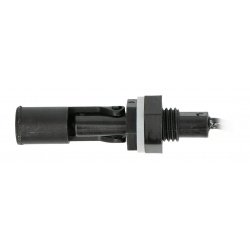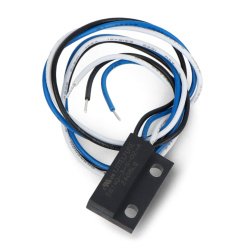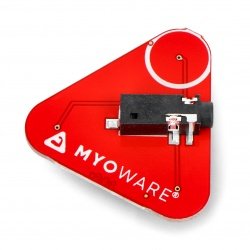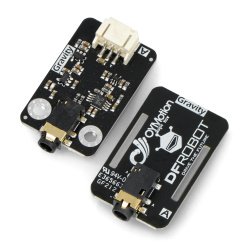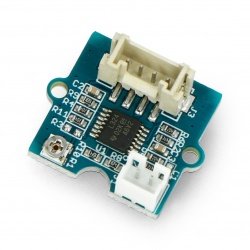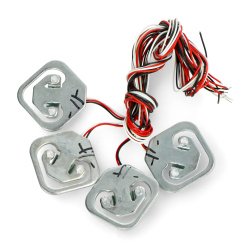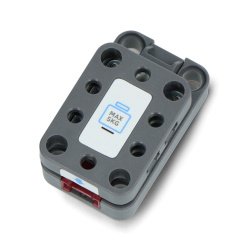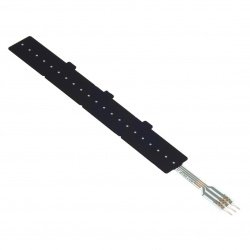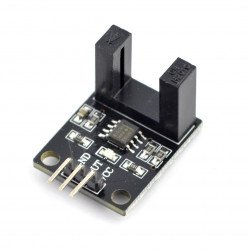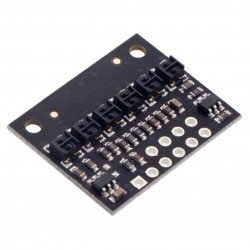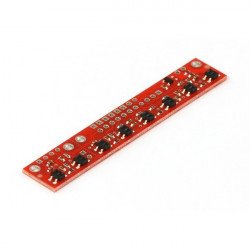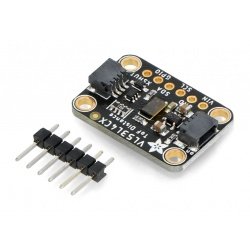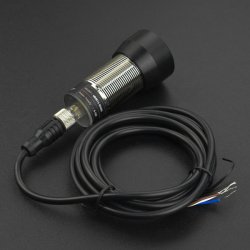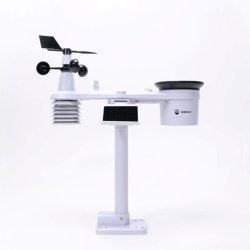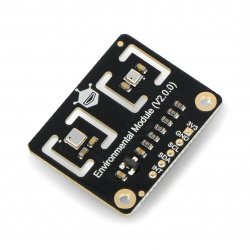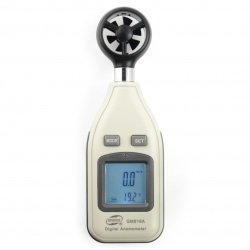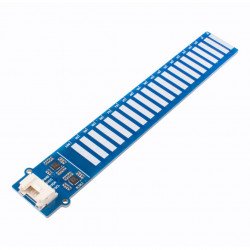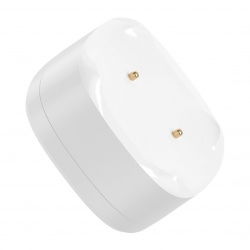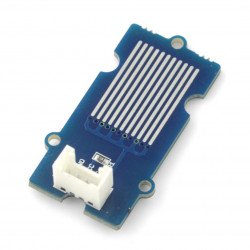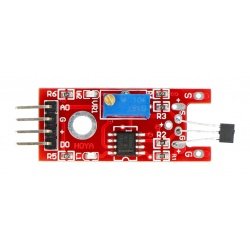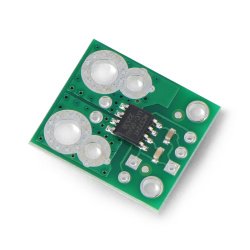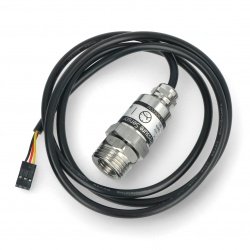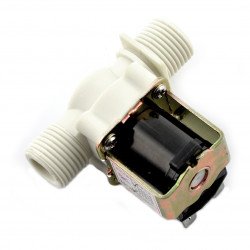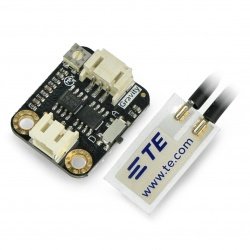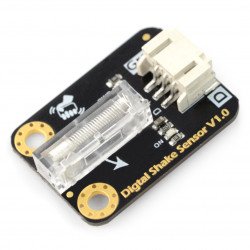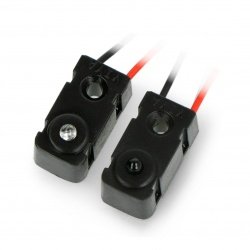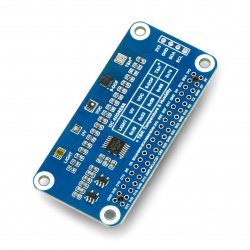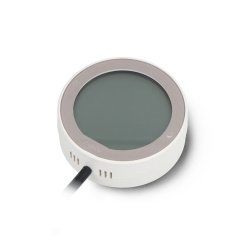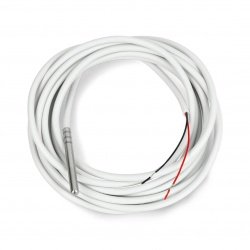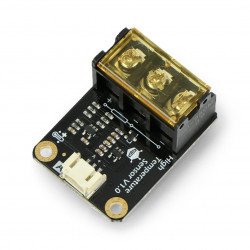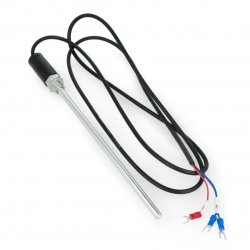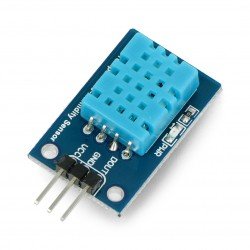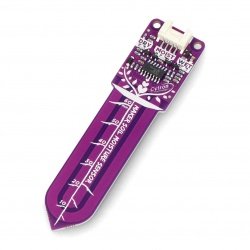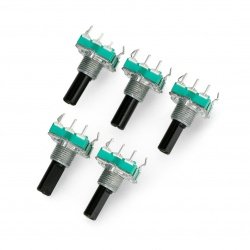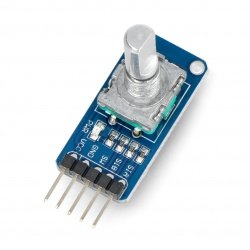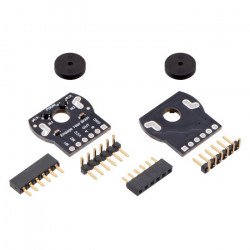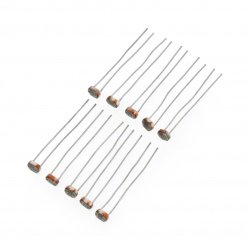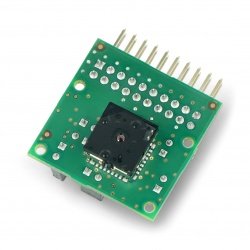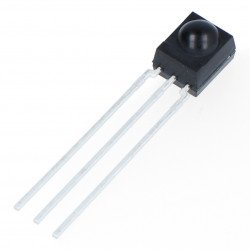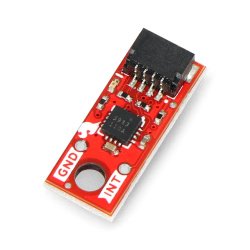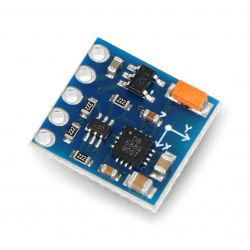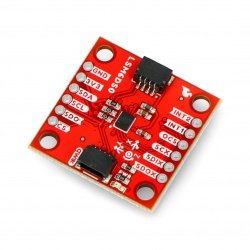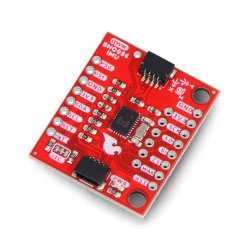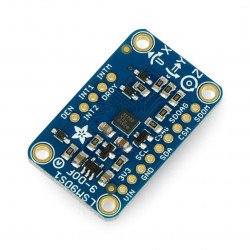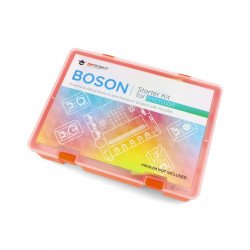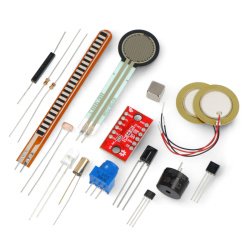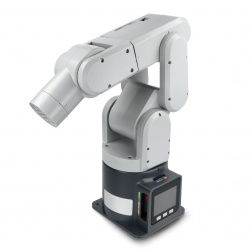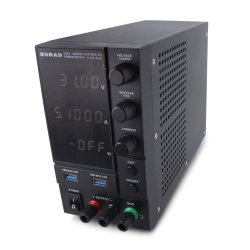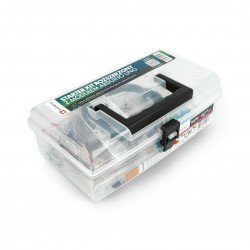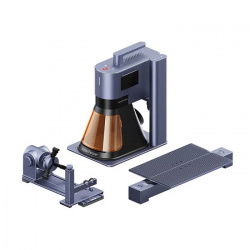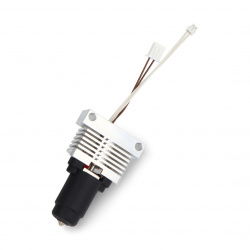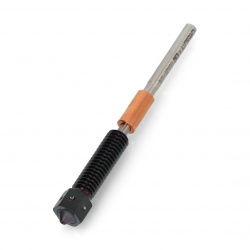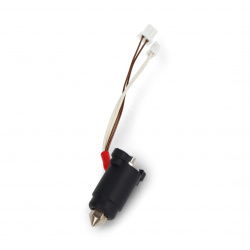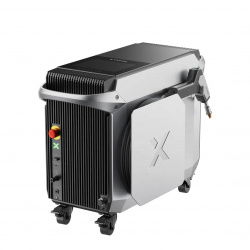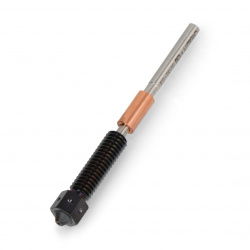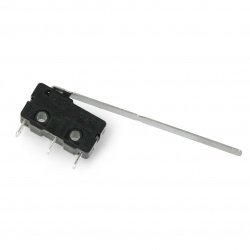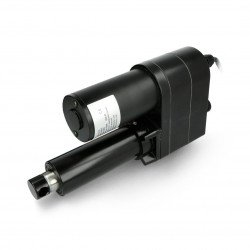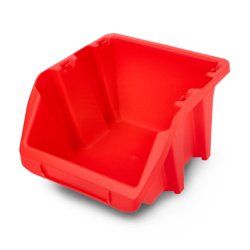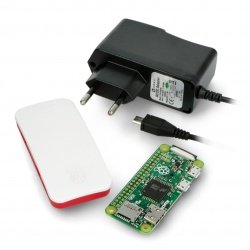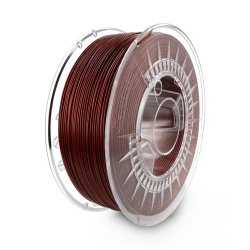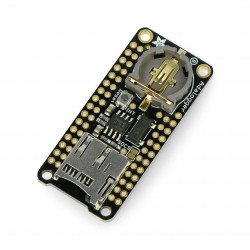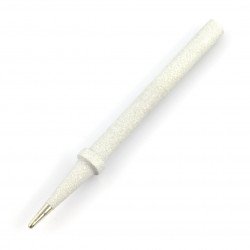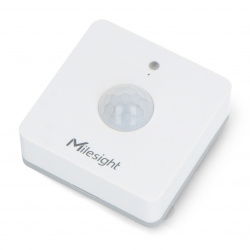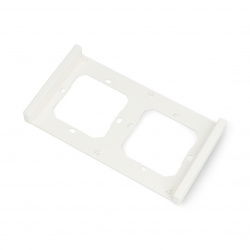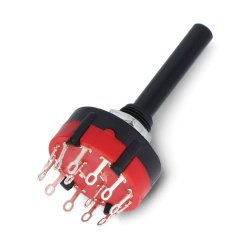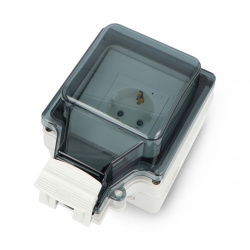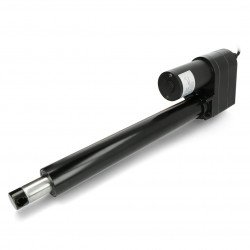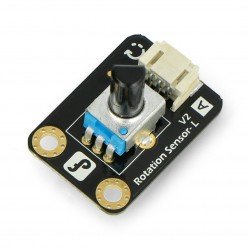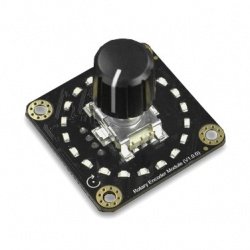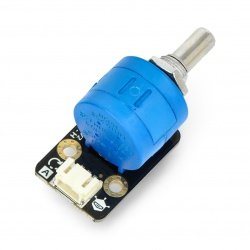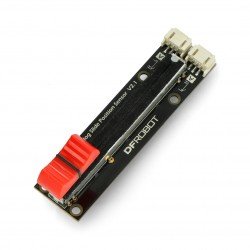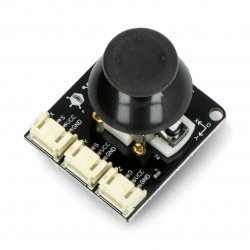Gravity - encoders and potentiometers
DFRobot Gravity - rotary potentiometer 300 degrees
Rotary potentiometer for Arduino and Raspberry Pi, the rotation angle is 300 degrees. The Gravity interface supports the Plug & Play function. Working voltage is from 3.3 V to...Gravity - 360 degree roatry encoder module - DFRobot SEN0502
Another product from the Gravity series from DFRobot in the form of a module with a 360 ° rotary encoder. The encoder has a resolution of 20 pulses per revolution , each...DFRobot Gravity - module with multiturn potentiometer 10kΩ/10obr.
The DFRobot module with 10-turn potentiometer with the resistance of 10 kΩ. The kit also includes a cable with a female connector, pitch of 2.54 mm.Gravity - TT Motor Encoders Kit - DFRobot SEN0038
TT Motor Encoders Kit from DFRobot. Includes two motor encoders , two discs, a pack of screws and caps, and two connection cables with a Gravity connector.DFRobot Gravity - 5.4kΩ slide potentiometer
Slide linear potentiometer with the resistance of 5.4 kΩ. It is equipped with two 3-pin connectors that enable the direct connection of the module to the development board IO...DFRobot Gravity - Thumb Joystick with a button - module with a plate
The module is equipped with a joystick similar to analog devices used in, for example, in controllers for games. There is the possibility of detecting movement in two...See also
- Gravity - starter kits
- Gravity - base hats
- Gravity - accelerometers and gyroscopes
- Gravity - actuators
- Gravity - gas & dust sensors
- Gravity - medical sensors
- Gravity - distance sensors
- Gravity - current sensors
- Gravity - temperature sensors
- Gravity - force sensors and limit switches
- Gravity - light and colour sensors
- Gravity - LED
- Gravity - converters
- Gravity - communication modules
- Gravity - sound modules
- Gravity - relays
- Gravity - buttons, keys and joysticks
- Gravity - cables
- Gravity - displays
Encoder - not to be confused with a potentiometer!
An encoder is an electromechanical element which makes it possible to control operating parameters of many different machines and devices, e.g. measuring and diagnostic equipment, audio amplifiers, welding machines as well as control panels of industrial robots. In contrast to the similar external design and the way it is operated manually, the encoder differs significantly from a typical rotary potentiometer. Instead of a carbon track with a lead, the encoder uses a miniature disc with regularly shaped notches. The rotational movement of the shaft with the encoder disc occurs in increments rather than continuously. Each single jump of the encoder disc is converted into an electric impulse which is counted by a counter in order to process this signal e.g. to change the output volume of an amplifier or to select a parameter to be edited on the display.
Rotary potentiometers - not only analogue technology
Potentiometers are actually resistors with variable resistance, the adjustment of which is done manually in a continuous manner. A typical potentiometer has three leads. By combining them with other components in an electrical circuit, you can influence individual circuit parameters such as the cut-off frequency of a filter, the fill factor of a rectangular signal, or the output volume of an audio amplifier. Rotary potentiometers are not only used in analog circuits, but also in digital circuits. For example, the famous Arduino prototyping boards, in addition to digital pins, are also equipped with an analog pin section. By connecting the middle lead of the potentiometer to one of the analog inputs ("A0" - "A5") and connecting the other two leads to the GND and 5V pins, you can realize a project of a manual speed controller for electric motors or a dusk switch with a manually set threshold.
Slide potentiometers - great for building an audio mixer
In terms of wiring diagram, slide potentiometers are the same as rotary potentiometers. However, physically speaking, the movement of a slide potentiometer is not in an arc, but in a straight line. Changing the position of the potentiometer's lead changes the resistance at its leads. For example, a slide potentiometer with a maximum resistance of 5.4kΩ and linear characteristics, with a path length of 45mm, will have a resistance of 2.7kΩ in the middle position of the lead. The slide potentiometer can be used, for example, as a part of the construction of an audio mixer.




